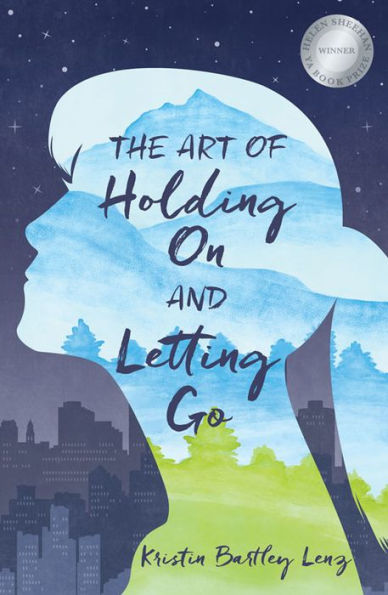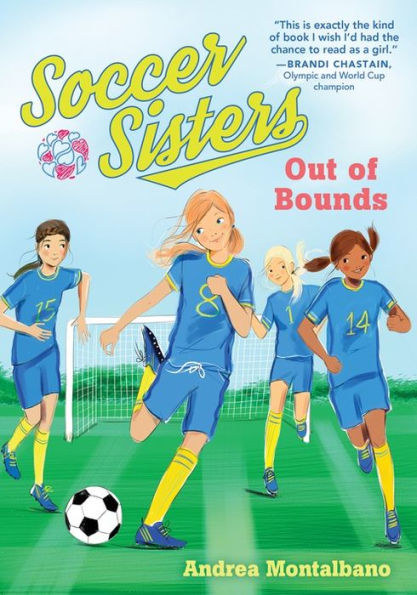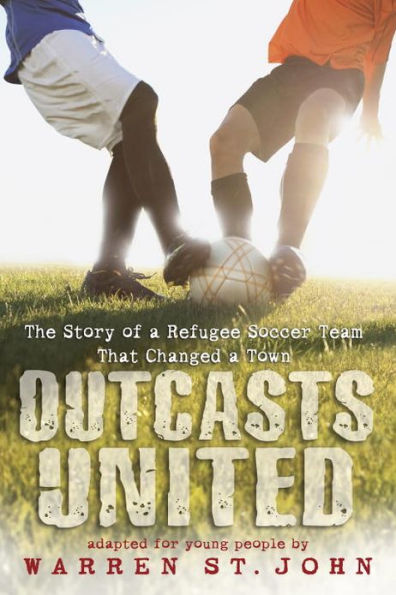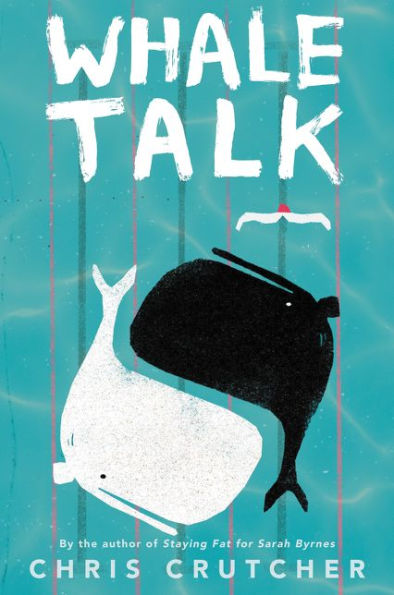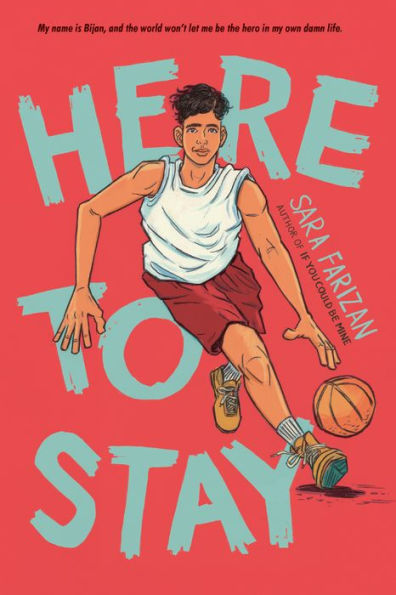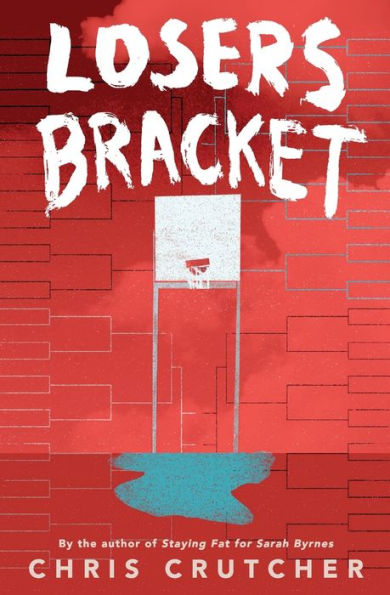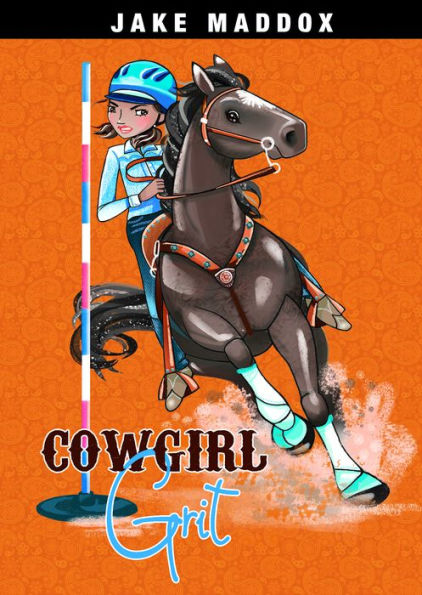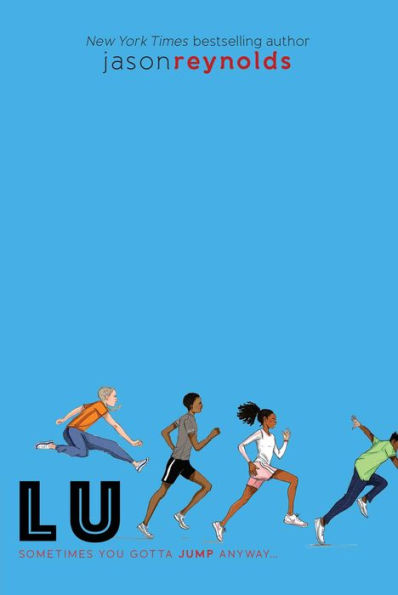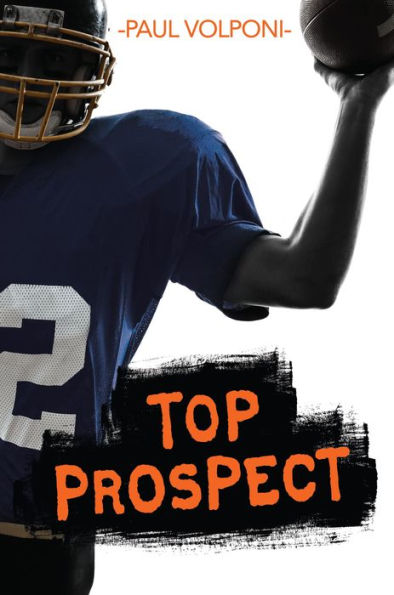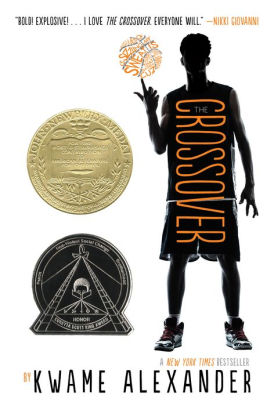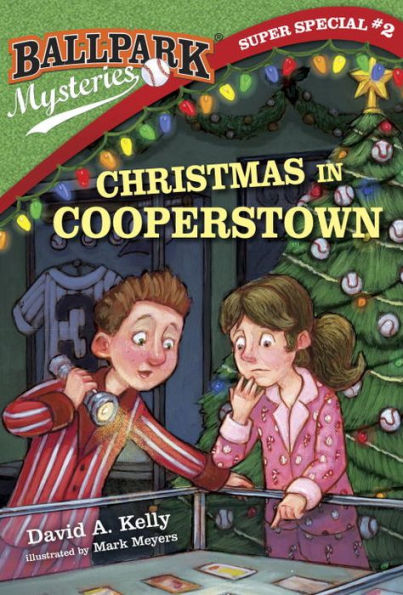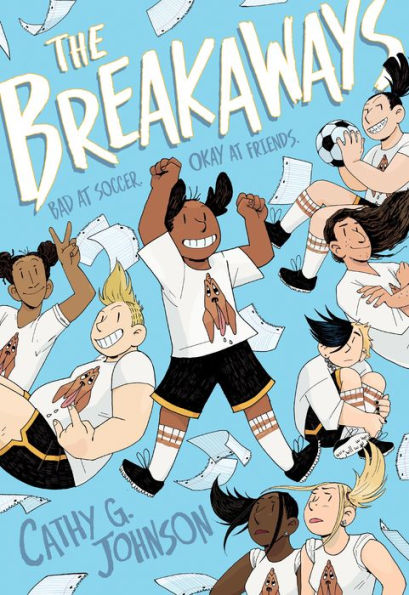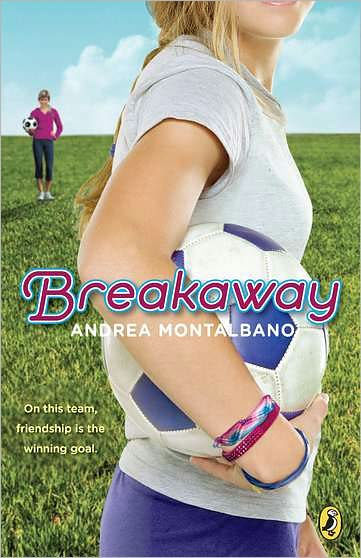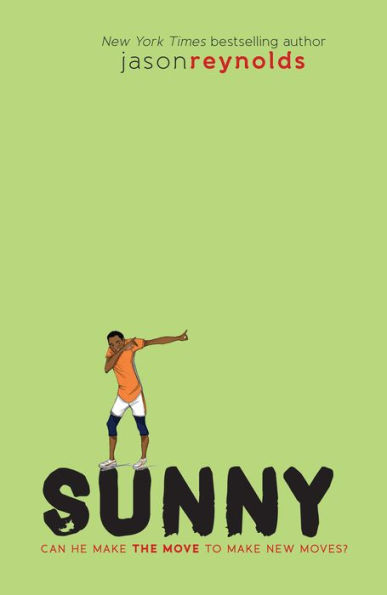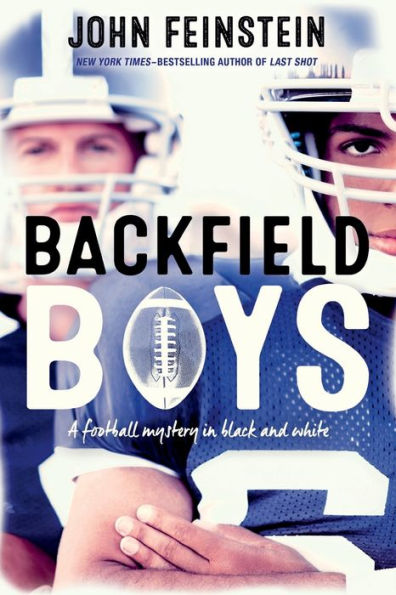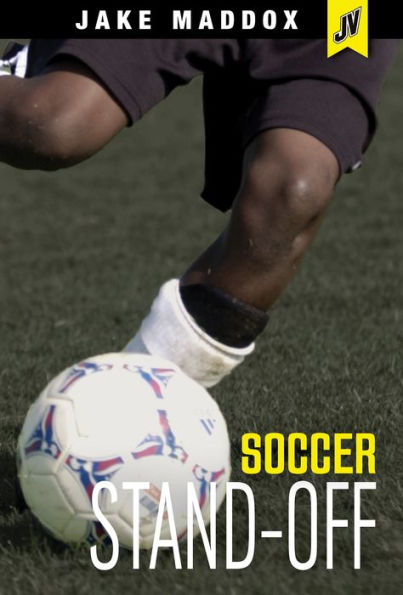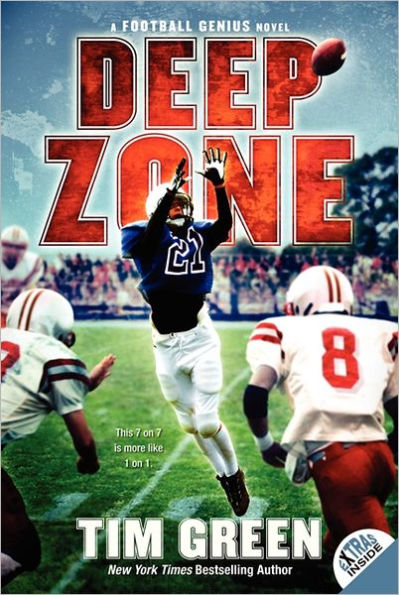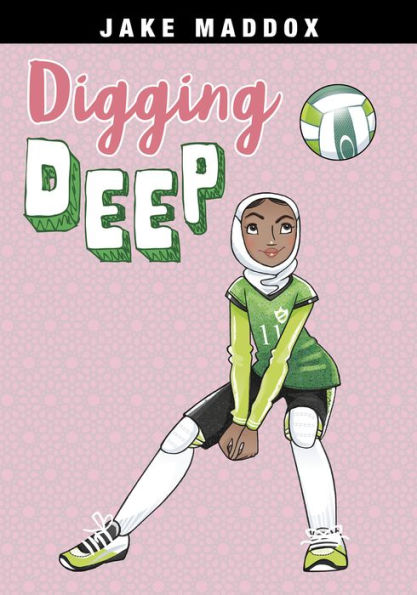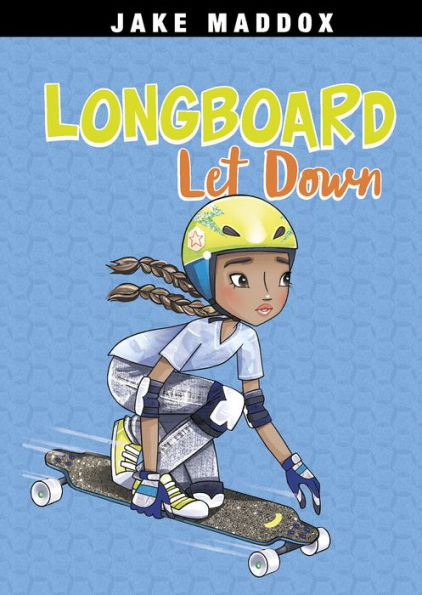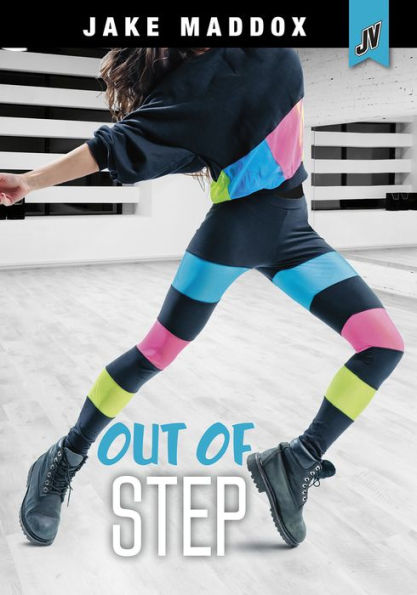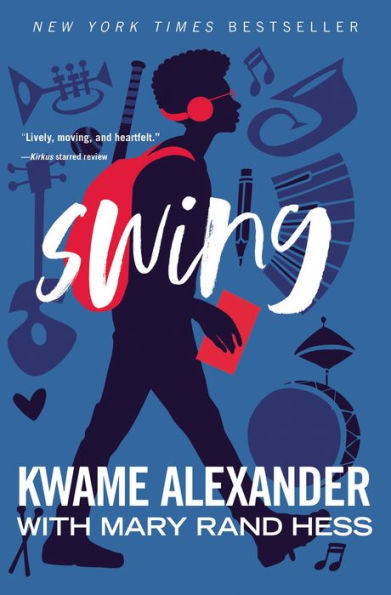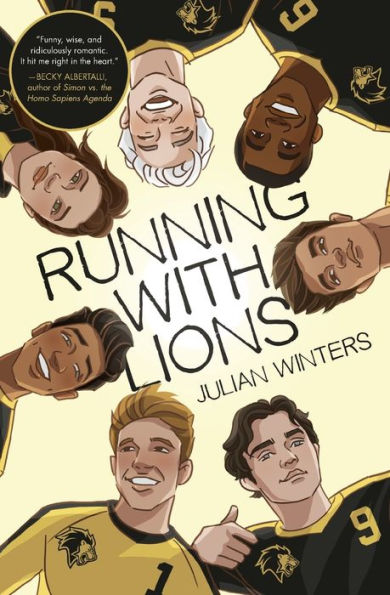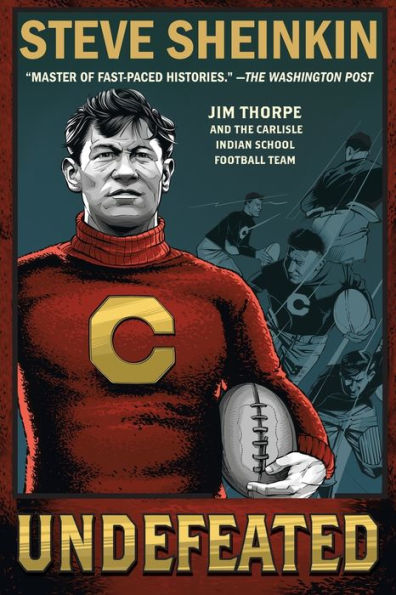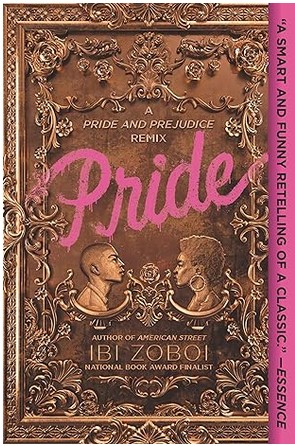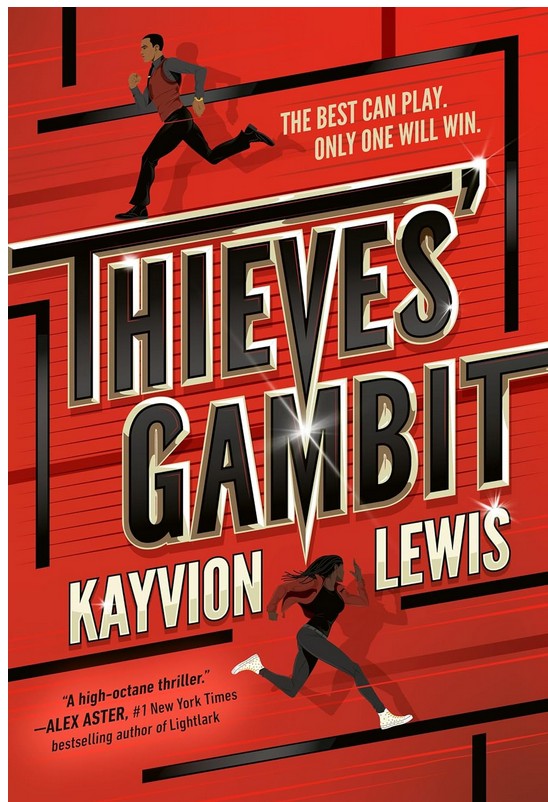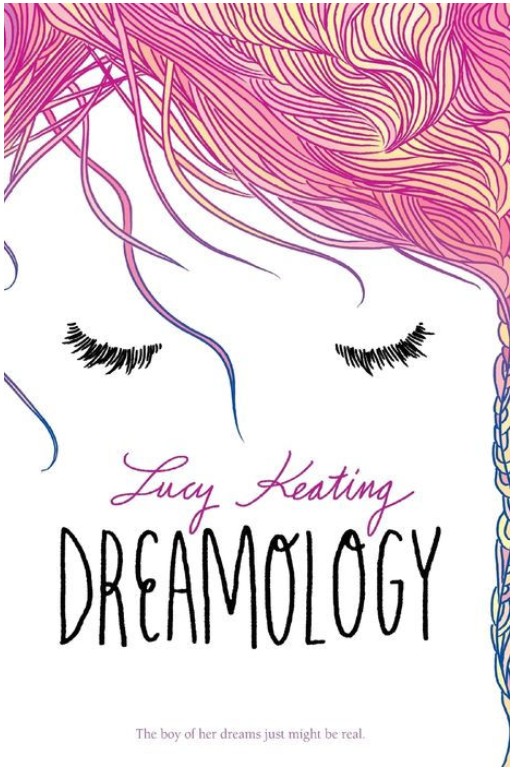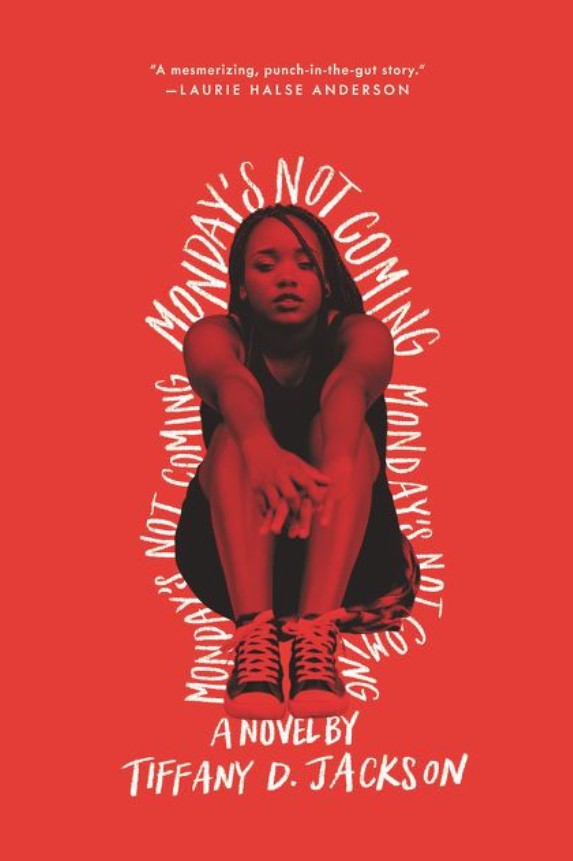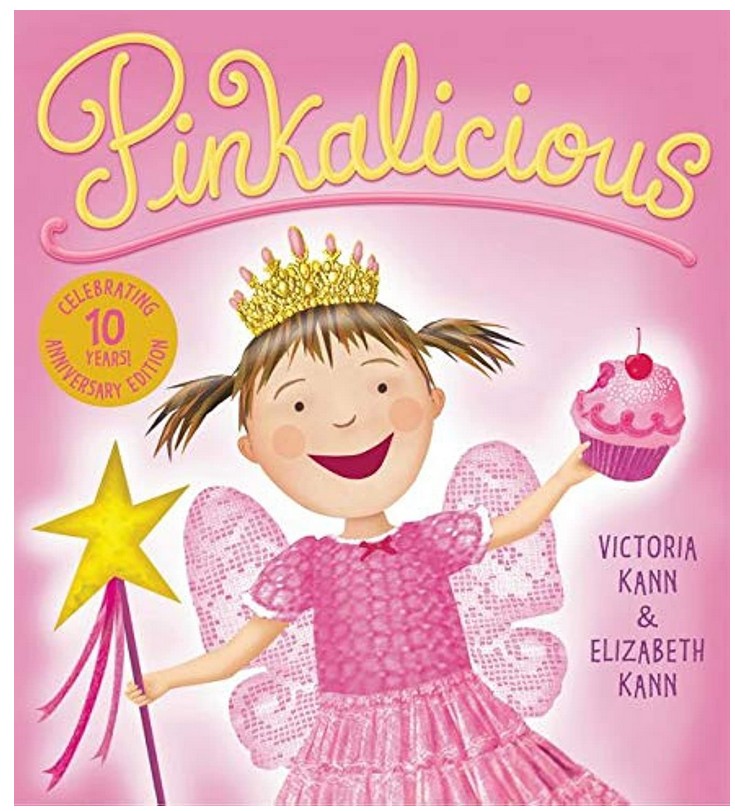Cara Jenkins feels that rock climbing is in her blood. Her parents and uncle, famous rock climbers themselves, have raised her as a nomad and a child of the wilderness. But when her parents and uncle go on a climbing trip in Ecuador, tragedy strikes Cara’s life and she is sent to live with her grandparents in Detroit, Michigan—a world away from her usual life in their cabin in California.
Stuck in her grief and in a normal high school, Cara finds herself at a loss without rock climbing and without her parents, who are dealing with the grief of losing their friend, Cara’s uncle. Cara has to learn how to navigate a normal high school, friendships, and the city. But then someone starts leaving notes in her locker, trying to get her to return to climbing. Cara has to figure out how to return to the one thing she loves without it being too painful to bear.
Much of The Art of Holding On and Letting Go is about Cara’s first love: rock climbing. The book delves into the uniqueness of her life and the sport, giving readers a look at something that they may not know much about. Along with rock climbing, the book discusses nature a lot, as Cara and her family read books by famous writers who wrote about nature, including Annie Dillard’s Pilgrim at Tinker Creek and Henry David Thoreau’s Walden. These elements make Cara’s story vivid and unique.
Much of the story focuses on Cara’s loss, not just of people but of places as well. As a person who was raised in nature and led a fairly unconventional life, getting thrown into public school in Detroit and living with her grandparents is a very difficult change for her. Cara makes friends and is able to find a connection with them and her grandparents despite their differences. However, she still longs for her old life. She learns that she can include the old and the new in her life. Although some things can’t be reversed, Cara reconciles her losses with the fact that life is forever changing, and she is able to embrace the good things that have come from moving to Detroit.
The Art of Holding On and Letting Go is a wonderful story that tackles grief, friendship, and nature without feeling preachy. Cara and the rest of the characters feel real, and their story gives a glimpse into the world of rock climbing. Told from Cara’s point of view, rock climbing and themes about grief and loss come to life. Through this story, Cara learns how to live again. This book will surely appeal to nature-lovers and Cara’s story will also resonate with anyone who has ever felt lost in the world.
Sexual Content
- Becky, a climber, would like a reason “to hang all over Zach,” one of her teammates.
- Of her Uncle Max, Cara says, “I knew he’d had boyfriends over the years, but they never seemed to last long.”
- Kaitlyn, one of Cara’s new friends, and Cara talk about their friend Nick’s sexuality. Cara is convinced that he likes Kaitlyn, and Kaitlyn says, “Sometimes I even wonder if he’s gay.” It is later revealed that Nick does like Kaitlyn.
- Cara has to take Sex Ed with the rest of her classmates. When Grandma sees the permission form, she says, “Well, I hope this is an abstinence-based program.” To this, Grandpa replies, “Don’t think so, Margaret. Says here the class will discuss all methods of birth control in the context of healthy relationships.”
- Cara mentions that her mother had “gotten pregnant with [Cara] when she was only twenty.”
- When Kaitlyn asks Nick to go to the Sadie Hawkins dance, Nick says yes and “kisses her hand.”
- Nick “kissed Kaitlyn on the top of her head.” Nick and Kaitlyn end up dating.
- Tom, the boy Cara likes, “kissed [Cara’s] cheek.”
- Tom and Cara kiss. Cara describes it as a “deep, blood-cell bursting kiss . . . our lips met again, hungry and searching. The Earth tilted.”
Violence
- Cara has a head rush and loses her grip while climbing. Then, she “slams into the climbing wall.” Several other climbers fall on the same hold. No one is injured badly, just minor scrapes.
- After a giant sheet of ice separates Uncle Max from Cara’s parents, he is presumed dead.
- Cara walks into another student at school and, “Crack. [Their] skulls collided.”
- Tom was in a bad car wreck a few years prior. He says, “a huge SUV plowed right into us.”
Drugs and Alcohol
- Grandma wants Cara to go out and have fun on a Friday night when Cara would rather stay in. Grandma then says, “I suppose [staying home is] better than going around with some boy, smoking dope.”
- While staying at Kaitlyn’s house, Cara and Kaitlyn drink Baileys and get a bit drunk. Cara mentions that she’d “tried beer once during a camping trip and hated the bitter taste.”
- Nick’s older brother Mike “started getting into drugs and trouble a few years ago.”
- Nick’s brother Mike ran off to Colorado. Nick is certain it’s because “they just legalized pot.”
- Cara falls ill with the flu, and her grandparents give her some “dandelion wine” to help her feel better. Grandpa mentions that the secret ingredient is “whiskey.”
- On New Years, Cara’s dad calls from Ecuador, and he is crying on the phone. When Cara’s mom finishes the call, she turns to Cara and says, “He’s had a little too much to drink.”
- One girl shows up to the Sadie Hawkins “trashed.”
Language
- There is occasional profanity throughout. Profanity includes shit, hell, bitch, damn, fuck, and asshole.
- In middle school, a girl spread a rumor about Kaitlyn. Kaitlyn says, “Swimming was part of our gym class, so we had to change and shower before we got into the pool. She went around and told all the guys that [Kaitlyn] was a true redhead. You know, meaning that [Kaitlyn] had red hair everywhere.” Kaitlyn’s nickname then became “firebush.”
- One of Cara’s classmates is referred to as “Virgin Goth Girl.”
Supernatural
- None
Spiritual Content
- When Cara’s parents go missing on their climbing expedition, Becky tells Cara, “I’ll pray for you.”
- Uncle Max had “strewn Tibetan prayer flags” from the cabin after returning from Mt. Everest.
- Grandma has a collection of “five baby angels” in the house. They stand for each of her miscarriages, her daughter, and Cara.
- Tom’s “mom’s Jewish” and “dad’s Catholic,” but “they’ve kinda left it up to [Tom]” to decide which he would rather practice. He does not show a preference for either.
- Cara and Kaitlyn talk about fate and God. Cara mentions that there is no word in Chinese for “coincidence,” and with that absence, something must take its place. Kaitlyn asks if that thing is “God.” Cara responds, “Maybe. God, spirits, angels, nature, fate. The Chinese call it yuan. Destiny. But I guess it depends on what you believe.”
- Cara celebrates Christmas with her grandparents. When she wakes one morning, Cara can hear that Grandma “had changed the radio station from oldies to Christmas carols.”
- Cara wonders if her grandparents went to church on Christmas, noting that her own parents didn’t. Cara says of her dad, “he felt closer to God when he was on top of a mountain than he possibly could in any church.”
- Cara and her grandparents build two cairns as burial markers for her dog Tahoe and for Uncle Mark. Grandpa goes back the next day and notes that “standing near those stones, you almost feel like they’re alive.” Cara replies, “There’s an energy there.”
- Tom jokes that Cara is like “the Angel of Darkness.”
by Alli Kestler
